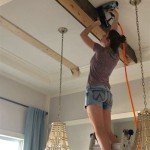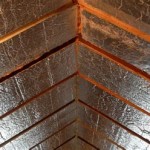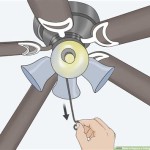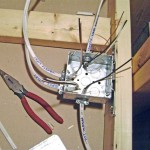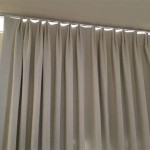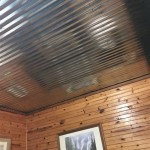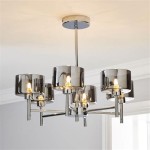When it comes to electrical installations, ceiling boxes are a must-have. They are essential for carrying out wiring tasks and providing a safe and secure connection point between the electrical wiring and any ceiling light fixture. Ceiling boxes come in a variety of shapes, sizes, and materials, so it’s important to know what type of box is best for your particular application.
What Are Electrical Ceiling Boxes?
An electrical ceiling box, also known as a junction box, is a metal or plastic box that is mounted to a ceiling or wall and contains electrical wiring. It is designed to securely contain and protect electrical wiring, provide a connection point for electrical fixtures, and provide a place for connecting electrical wires. Ceiling boxes come in several different sizes and shapes, such as round, square, octagonal, and rectangular.
Types of Electrical Ceiling Boxes
There are several different types of electrical ceiling boxes available, including metal, plastic, and non-metallic boxes. Metal boxes are the most common type of box and are typically made from galvanized steel. They are durable and provide a secure connection point for electrical wires. Plastic boxes are also popular and are typically made from PVC or ABS plastic. Non-metallic boxes are designed to be fire-resistant and are made from materials such as fiberglass, nylon, or polypropylene.
Installing an Electrical Ceiling Box
Installing an electrical ceiling box can be a challenging task. It is important to make sure that the box is securely mounted to the ceiling or wall, and that all wiring is connected properly. Before beginning any electrical installation, it is important to turn off the power to the area where the box is being installed. Once the power is off, the box can be mounted and the wiring can be connected. It is also important to ensure that the box is properly grounded and that all connections are secure.
Benefits of Electrical Ceiling Boxes
Electrical ceiling boxes provide a safe and secure connection point for wiring and electrical fixtures. They also help to protect the wiring from damage and provide a convenient connection point for ceiling lights, fans, and other electrical fixtures. In addition, ceiling boxes provide a secure place to store and organize electrical wiring, making it easier to troubleshoot electrical issues.
Conclusion
Electrical ceiling boxes are essential for any electrical installation. They provide a secure connection point for wiring and fixtures, and help to protect the wiring from damage. Installing an electrical ceiling box can be a challenging task and should be done by a qualified electrician. With the right tools and supplies, however, anyone can install an electrical ceiling box and ensure a safe and secure connection.














Related Posts

